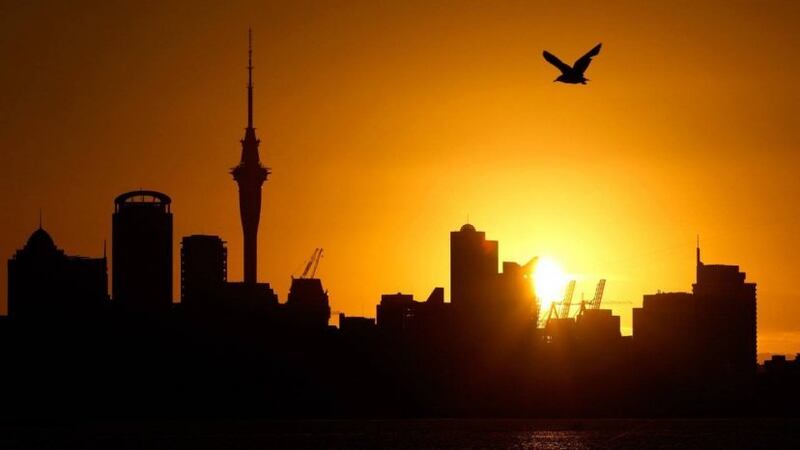A group of activist lawyers have lost a court bid to have New Zealand set deeper and steeper cuts in its carbon emissions for the rest of this decade.
The group Lawyers for Climate Action NZ went to the High Court challenging advice given to the Government by the Climate Change Commission.
The non-profit group of about 350 lawyers, law students and legal academics said the current decade is crucial to the global effort to limit climate change to 1.5 degrees above pre-industrial levels, as set by international agreements.
It did not contest the Government’s target of reaching zero emissions by 2050 but said the commission’s recommendations for getting there did not do enough in the shorter term.
The lawyers said net emissions in 2030 had to be half what they were in 2010, but that the commission’s recommendations would see New Zealand emissions continue to increase in the current decade to 2030.
They wanted the Government to move faster toward the 2050 zero emissions target over the next eight years and sought a judicial review of the commission’s advice in the High Court.
The group said the budgets and advice given to the commission “lack ambition”.
The commission responded in submissions to the court saying that deeper cuts to emissions in the shorter term would have “potentially catastrophic”, and unnecessary impacts on communities – particularly rural and Māori communities – and on the economy.
In her decision dismissing the lawyers’ application, released on Wednesday, Justice Jill Mallon said LCANZ was correct that the commission’s advice did not put New Zealand on track to meeting the Intergovernmental Panel on Climate Change (IPCC) pathways.
But, she said, the Climate Change Response (Zero Carbon) Amendment Act 2019 did not require this in order to contribute to the global 1.5 degrees Celcius effort.
“There were a range of considerations the commission was required to take into account,” Justice Mallon said.
“Amongst other things, the commission concluded that there was the risk of severe social and economic impacts on New Zealand communities, people and businesses, with legacy impacts on other generations and Māori, by trying to make a contribution solely through domestic action at this early stage of New Zealand’s transition to a low emissions economy.”
Justice Mallon found that the commission did not make a mathematical or logical error in its application of the IPCC modelling, as the lawyers had argued.
It did not intend to make a direct mathematical comparison. The Commission intended to use the IPCC modelling only as an indirect comparator, incorporating value judgments about New Zealand’s contribution to the global 1.5C effort.
She said the commission also correctly applied the mandatory relevant considerations and did not mischaracterise them, and did not err in law in its recommendations on methodology for measuring progress.
Nor was the commission’s advice “irrational or unreasonable”, but reflected New Zealand’s particular circumstances as a developed country, but with significant commercial forestry with cyclical swings sequestering carbon from the atmosphere and then releasing it.
LCANZ said earlier they took the judicial review proceedings to test whether the commission had correctly applied the findings of the IPCC to New Zealand.
They wanted to test whether the commission was meeting its statutory purpose of recommending emissions budgets that contributed to limiting warming to 1.5C, and whether it was using a lawful approach to measure emissions.
LCANZ said the commission had made fundamental errors on each of these points. The commission denied it had made any error.
Justice Mallon observed in her decision that “unsuccessful challenges can bring with it the public benefit of legitimacy to the commission’s work”.
LCANZ says on its website that its membership includes lawyers, law students and legal academics “committed to use their legal skills to help drive the change needed to address the threat of climate change”.
Its current committee includes Jenny Cooper KC, James Every-Palmer KC, Sophie Meares, Cassandra Kenworthy, Lloyd Kavanagh, Michael Sharp, Zoe Brentnall, Grant Hewison, Frankie McKeefry and Jennifer Campion.


